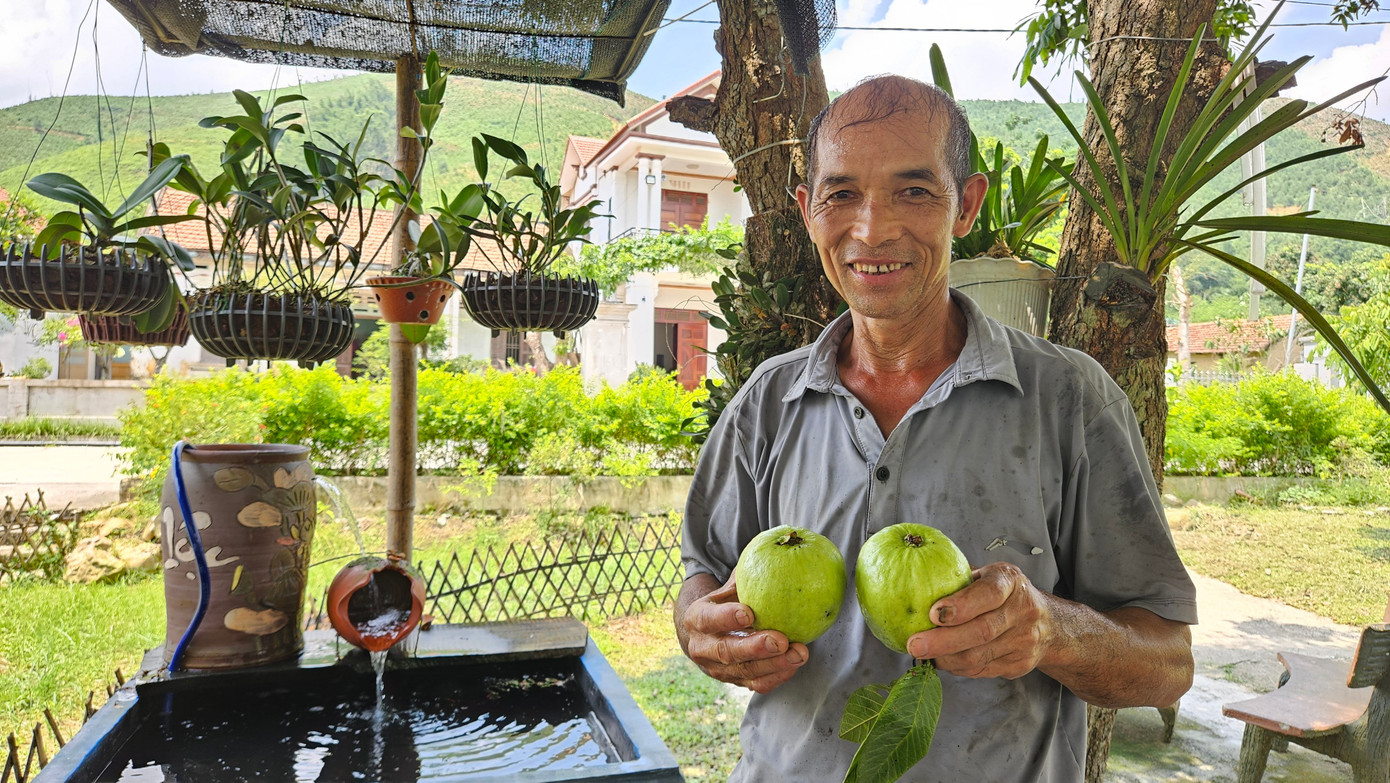
Guava tree opens the way out of poverty
In previous years, Mr. Kim's family relied on only a few fields, with unstable income and a difficult life. When the Hoanh Bo guava tree was introduced for experimental planting, he boldly converted the cultivated land and devoted all his efforts to this new fruit tree.
The smooth skin, thick flesh, soft seeds, and characteristic sweet taste of Hoanh Bo guava quickly conquered the market, opening up hope of changing the lives of many households.
Thanks to his diligence and willingness to learn techniques, Mr. Kim's guava garden yields high yields each year, bringing in a stable income. Not only does he stop at selling fruit, he also cherishes the idea of how to make guava trees bring more value to the community.
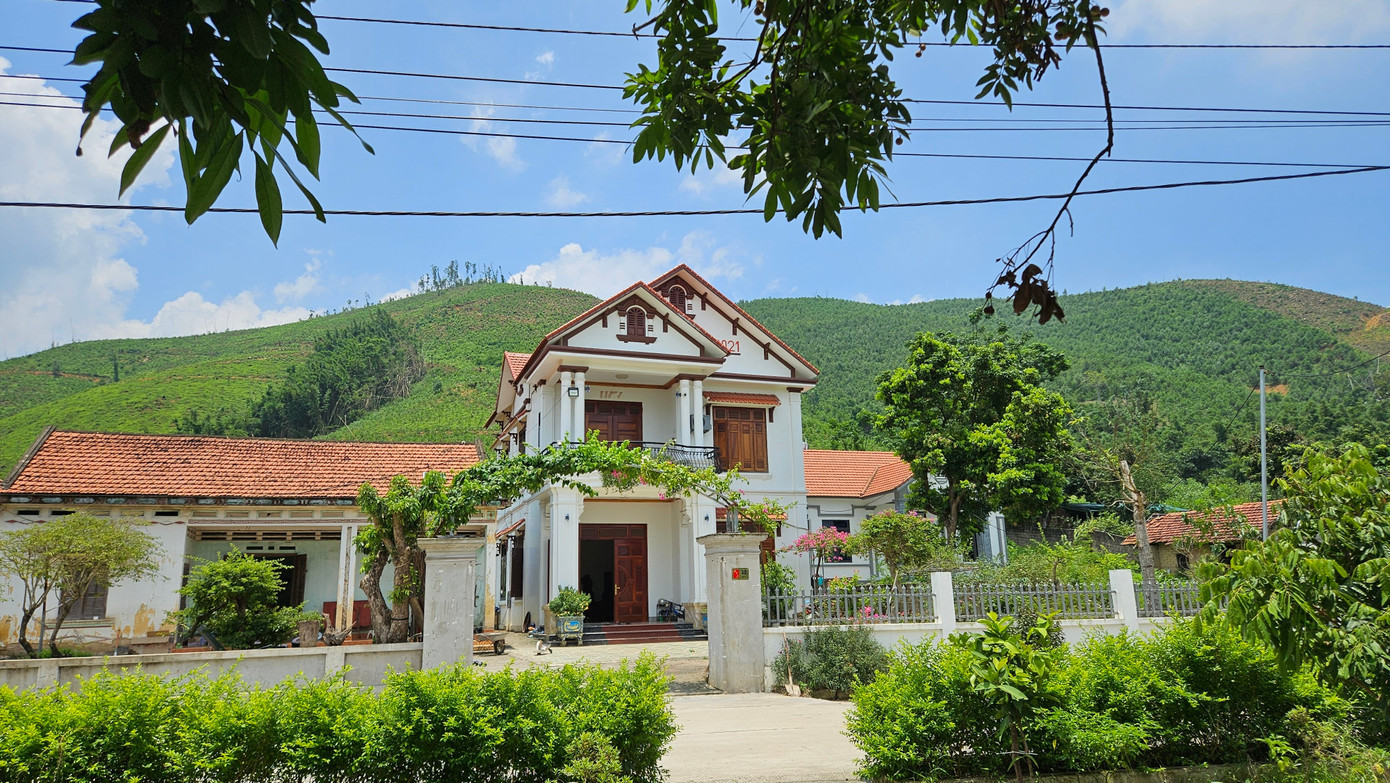
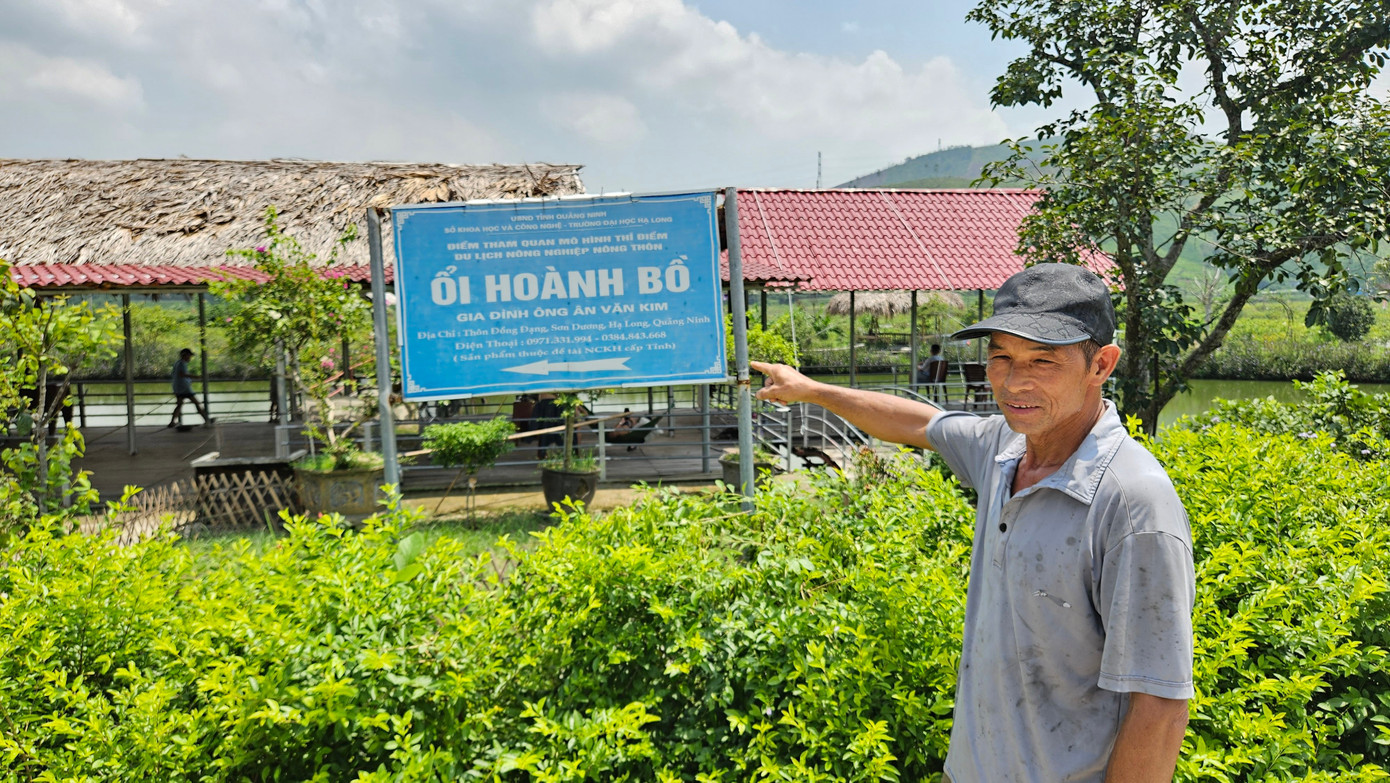
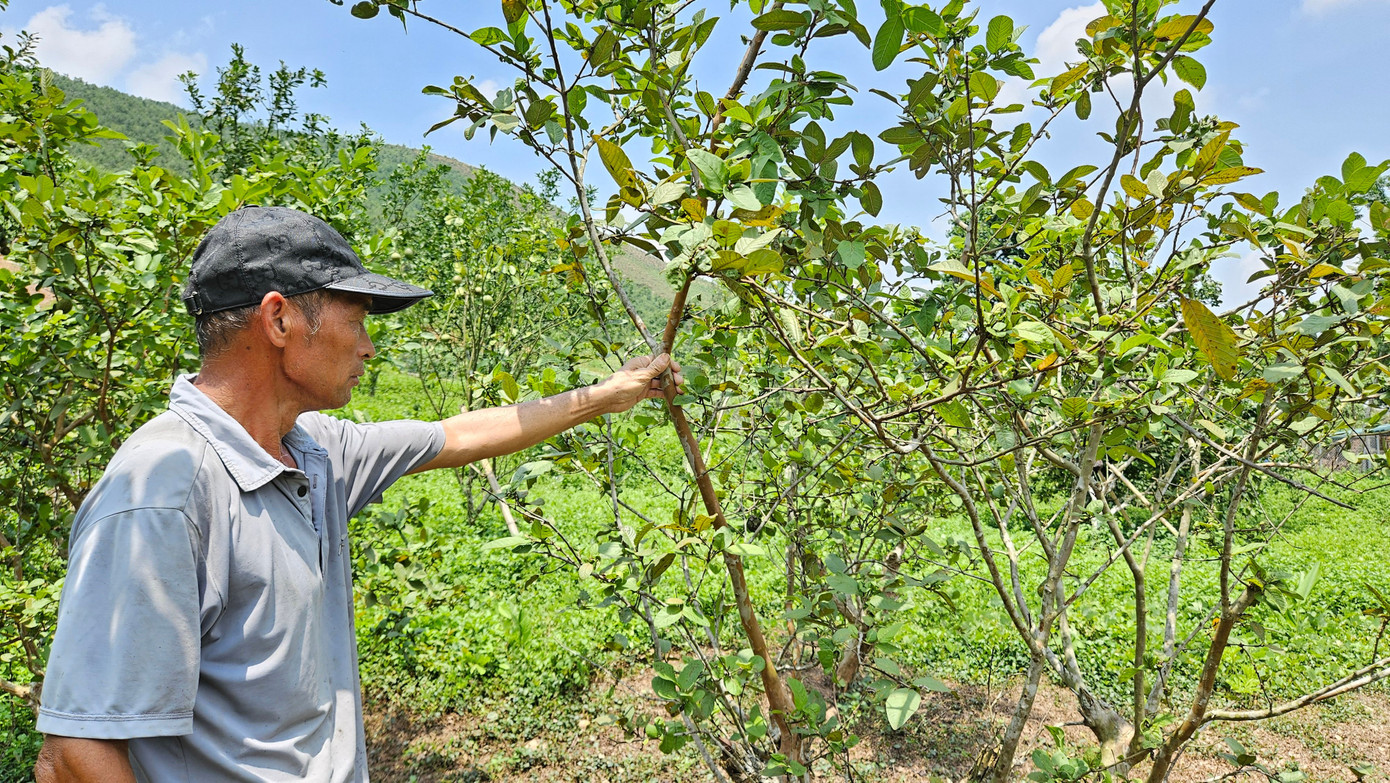
From these concerns, the model of “rural agricultural tourism” was born. Mr. Kim took advantage of the existing guava garden, combined with his family’s fish pond, and built a hut so that tourists could experience picking guava, fishing, and enjoying a rustic meal.
“At first I was worried, but unexpectedly the number of visitors increased, especially on weekends and holidays. My whole family has now become… involuntary tour guides, introducing guava trees and guiding visitors,” Mr. Kim shared with a smile.
Guava gardens are now not only a place for economic development, but also a meeting place for experiences. Groups of students come here to study extracurricular activities, learn how to plant, care for trees, and pick fruit. The cheerful laughter of children in the guava garden seems to give more motivation to the farmers of Hoanh Bo.

Dream of getting rich from the homeland
Not only for personal benefits, Mr. Kim also actively shares his experiences in planting, caring for and developing tourism models with the people in the commune. Many other households are also learning from him, building more experience points, contributing to the formation of a unique community tourism route.
In Dong Dang, the story is not only of Mr. Kim’s family. The example of “growing guava and knowing how to do tourism” has spread to many other households. Right in the village, Mr. Chu Van Tuan’s family has more than 6,000 m² of guava, knowing how to alternate seasons so there are fruits all year round for guests to experience.
“The children kept asking me how to plant guava trees and how to pick them,” Mr. Tuan laughed, “and then complimented how delicious the guavas were.” They built guava huts, opened paths, and kept the garden clean, small things that created a complete agricultural “experience route.”
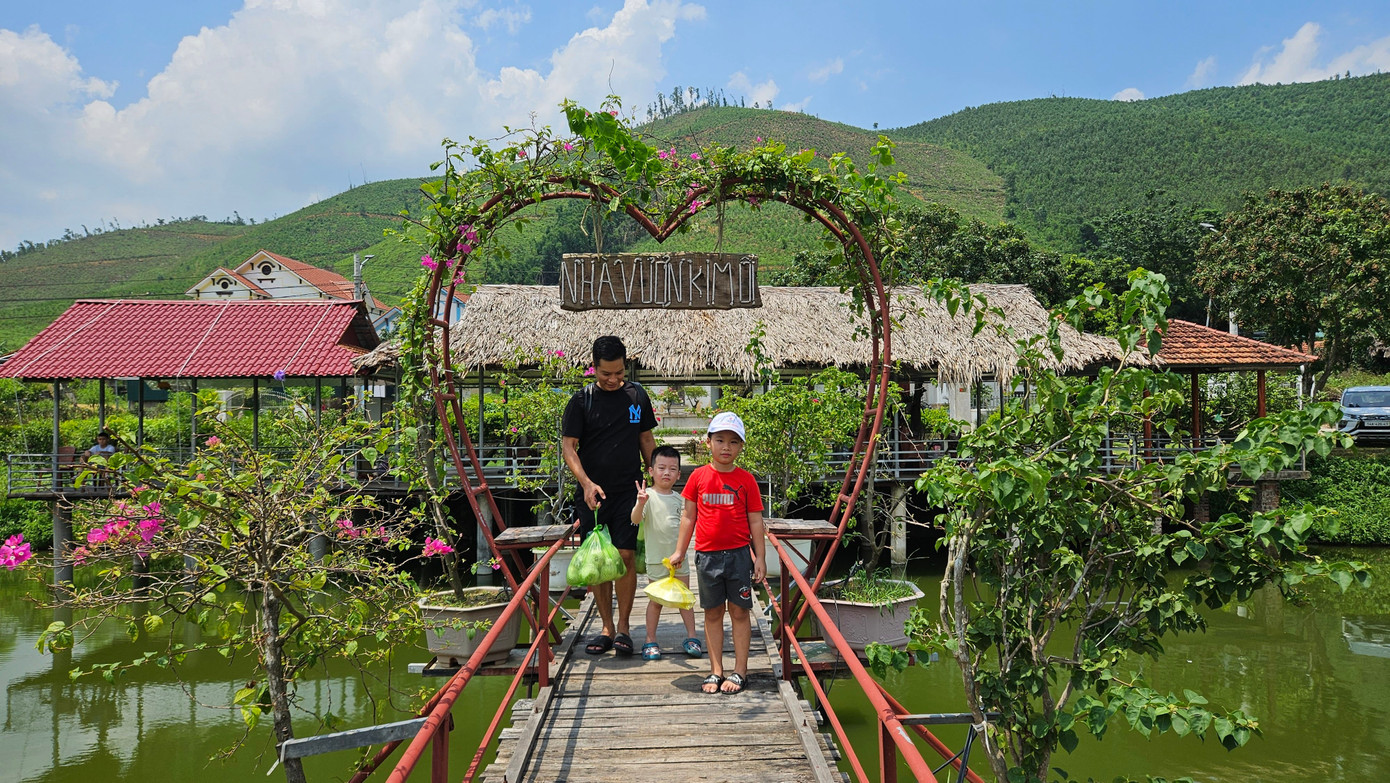
From the worries of “food and clothing” in the past, Mr. Kim’s family and many other households in the village now have a stable income and a more prosperous life. More importantly, the Hoanh Bo guava tree has sown more confidence in the whole community: that with hard work and creativity, farmers can completely escape poverty and become rich on their own homeland.
“We just want to make clean, delicious products that can be sold at a good price and bring joy to customers. If guava trees become a big brand, it will also bring happiness to us farmers,” Mr. Kim said.

The desire to get rich legitimately

What is the 'rich tree' that covers an entire commune in Phu Tho?
Source: https://tienphong.vn/tu-vuon-oi-den-dai-su-xoa-doi-giam-ngheo-post1776720.tpo


![[Photo] General Secretary To Lam chairs the meeting of the Central Steering Committee on preventing and combating corruption, waste and negativity](https://vphoto.vietnam.vn/thumb/1200x675/vietnam/resource/IMAGE/2025/9/29/fb2a8712315d4213a16322588c57b975)
![[Photo] General Secretary To Lam attends the ceremony to celebrate the 80th anniversary of the post and telecommunications sector and the 66th anniversary of the science and technology sector.](https://vphoto.vietnam.vn/thumb/1200x675/vietnam/resource/IMAGE/2025/9/29/8e86b39b8fe44121a2b14a031f4cef46)

![[Photo] General Secretary To Lam receives US Ambassador to Vietnam Marc Knapper](https://vphoto.vietnam.vn/thumb/1200x675/vietnam/resource/IMAGE/2025/9/29/c8fd0761aa184da7814aee57d87c49b3)
![[Photo] Many streets in Hanoi were flooded due to the effects of storm Bualoi](https://vphoto.vietnam.vn/thumb/1200x675/vietnam/resource/IMAGE/2025/9/29/18b658aa0fa2495c927ade4bbe0096df)
![[Photo] National Assembly Chairman Tran Thanh Man chairs the 8th Conference of full-time National Assembly deputies](https://vphoto.vietnam.vn/thumb/1200x675/vietnam/resource/IMAGE/2025/9/29/2c21459bc38d44ffaacd679ab9a0477c)






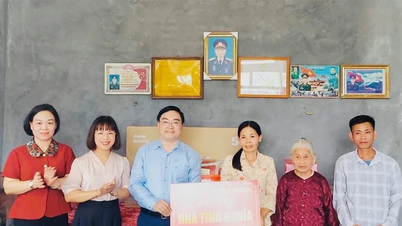


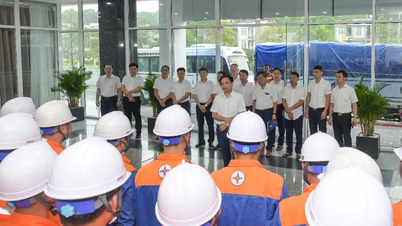

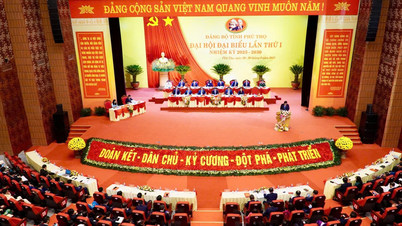

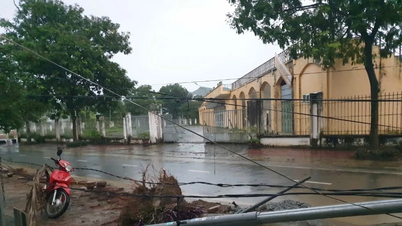
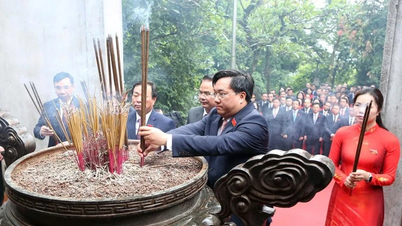
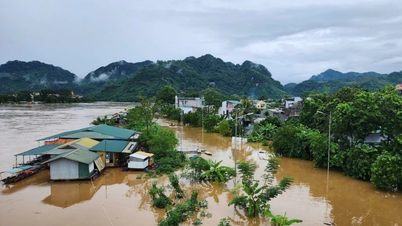




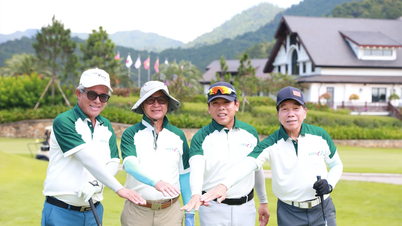
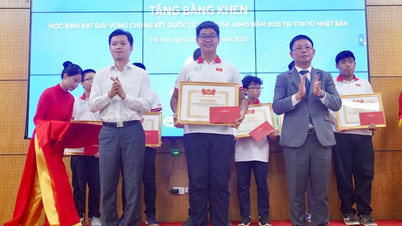


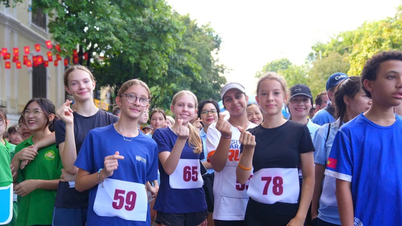












































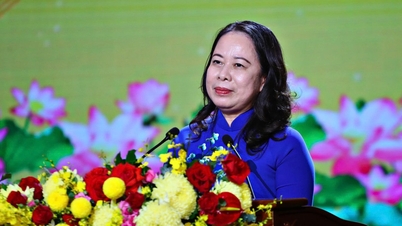







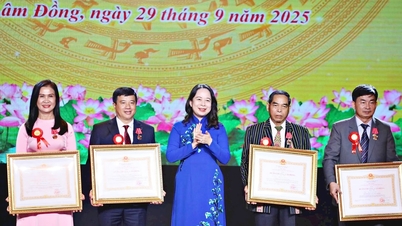

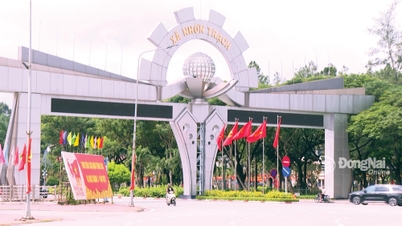

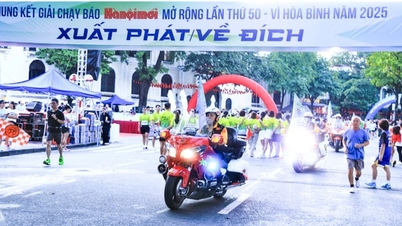

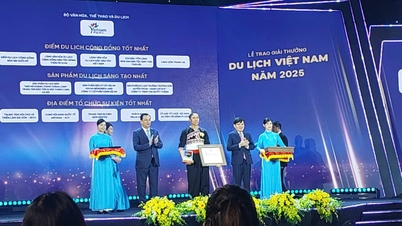














Comment (0)